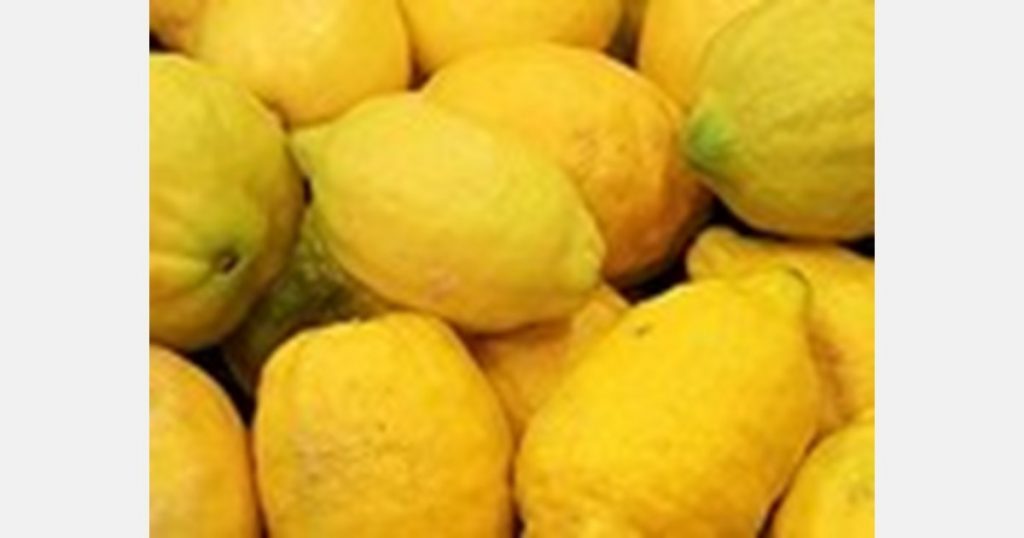The first shipment of Argentine lemons sent to the European Union after the reopening of citrus exports will arrive in the Netherlands in the next few days. The shipment is made up of 75 tons sent in 3 containers from a farm in Tucuman that participates in the Citrus Certification Program for Export to the European Union.
After months of negotiations with the European phytosanitary authorities, Brussels finally green-lighted the changes introduced in the country’s certification system, which allowed resuming shipments after they had been suspended in August 2020 due to the detection of the black spot disease in shipments that had arrived at Spanish ports.
The reopening of this market is key for the Argentine citrus business, both for producers of lemons in Tucuman and for producers of sweet citrus fruits (orange, grapefruit, mandarin) from the Litoral.
The Minister of Agriculture, Livestock, and Fisheries, Luis Basterra, the president of the National Food Health and Quality Service (Senasa), Carlos Paz, and vice president of Senasa, Carlos Milicevic, attended the certification of the shipment.
In 2020 the European Union stopped importing Argentine citrus fruits because the previous administration had decided to outsource the sanitary control of these products, stated Minister Basterra, who highlighted the efficiency with which Senasa has worked to resume that responsibility that falls to the State.
Basterra also highlighted the role of the State in phytosanitary control to guarantee the health of Argentine citrus products. “This possibility of recovering the European market could be the start of a good year for the sector,” he added.
The head of Senasa said that the country had been thoroughly audited by the EU in February and that they had presented all the documentation and proposals to strengthen the service.
Carlos Paz stressed that they had reinforced phytosanitary control by increasing personnel, vehicles, achieving agreements with INTA, and with the Obispo Colombres Agroindustrial Experimental Station, in Tucuman. “We have minimized the possibility of shipping loads with the black spot disease, which is considered a quarantine pest in Europe,” he stated.
Source: cronista.com


